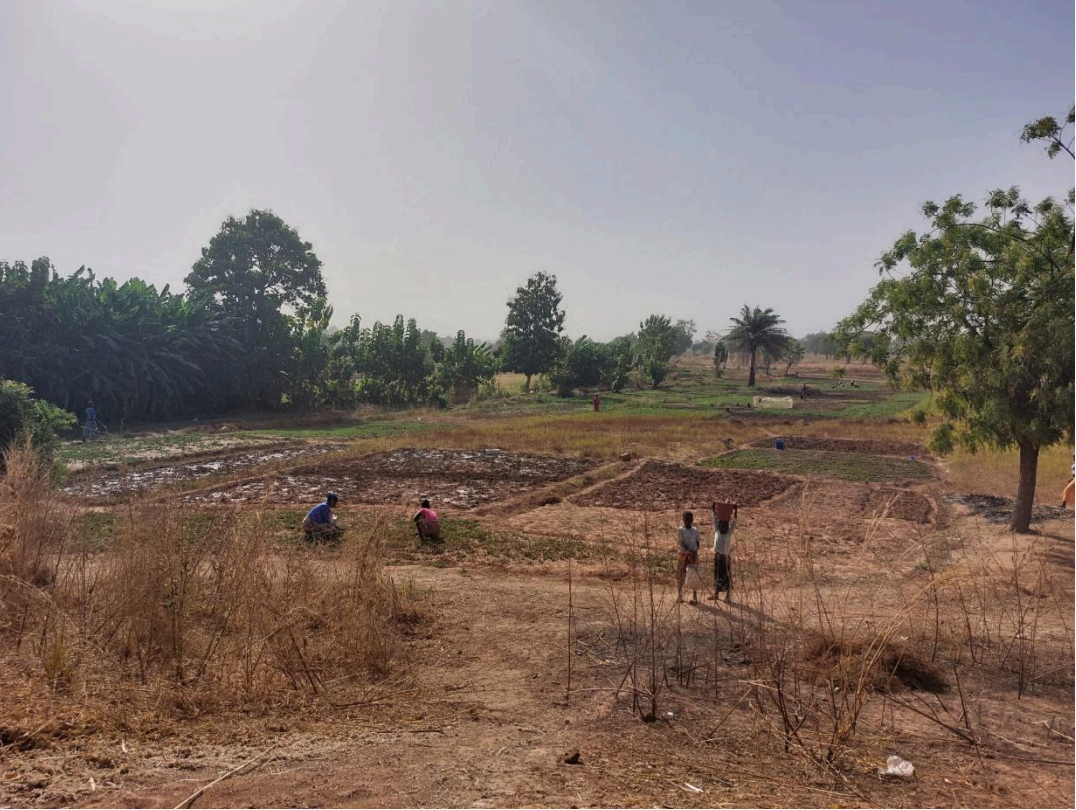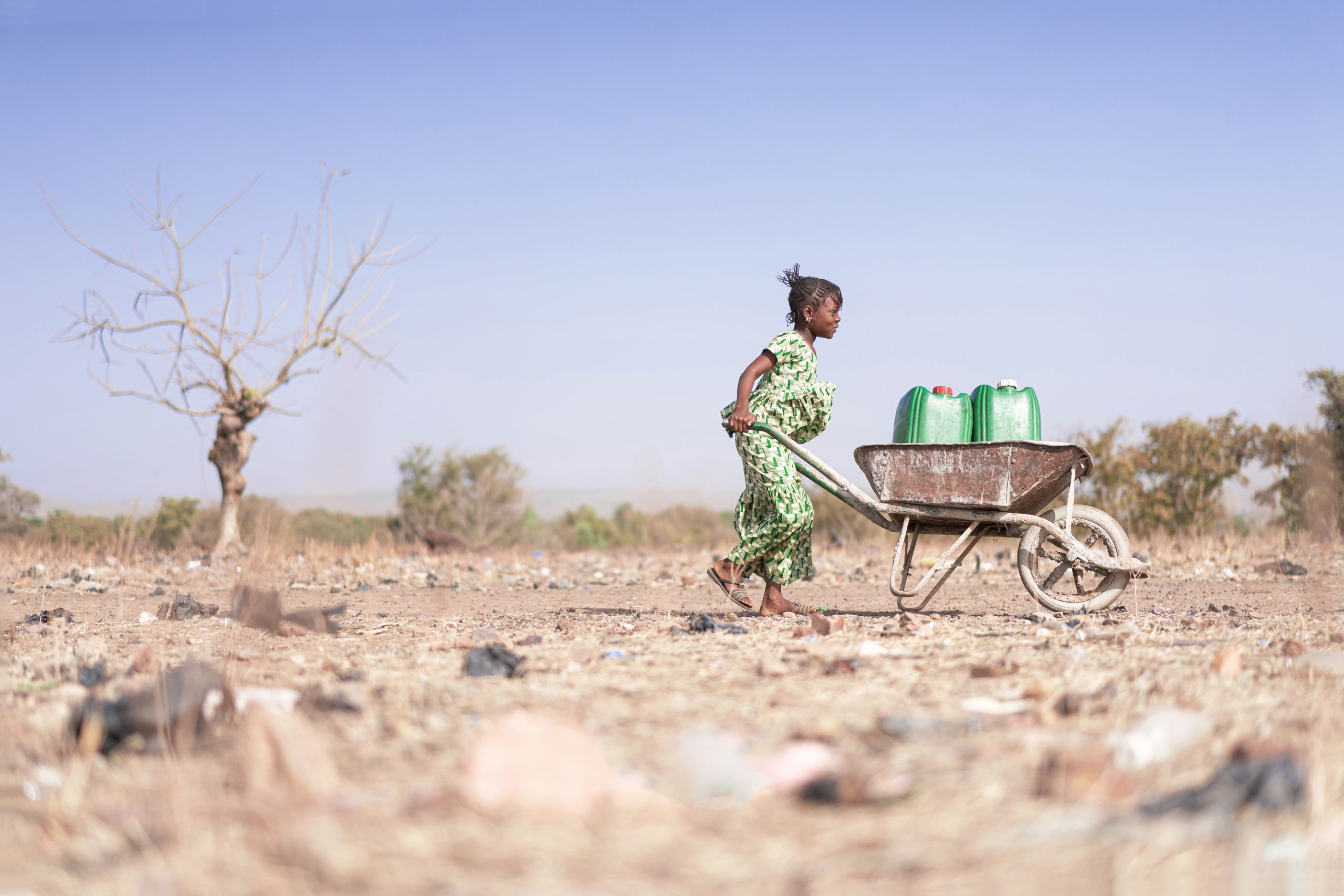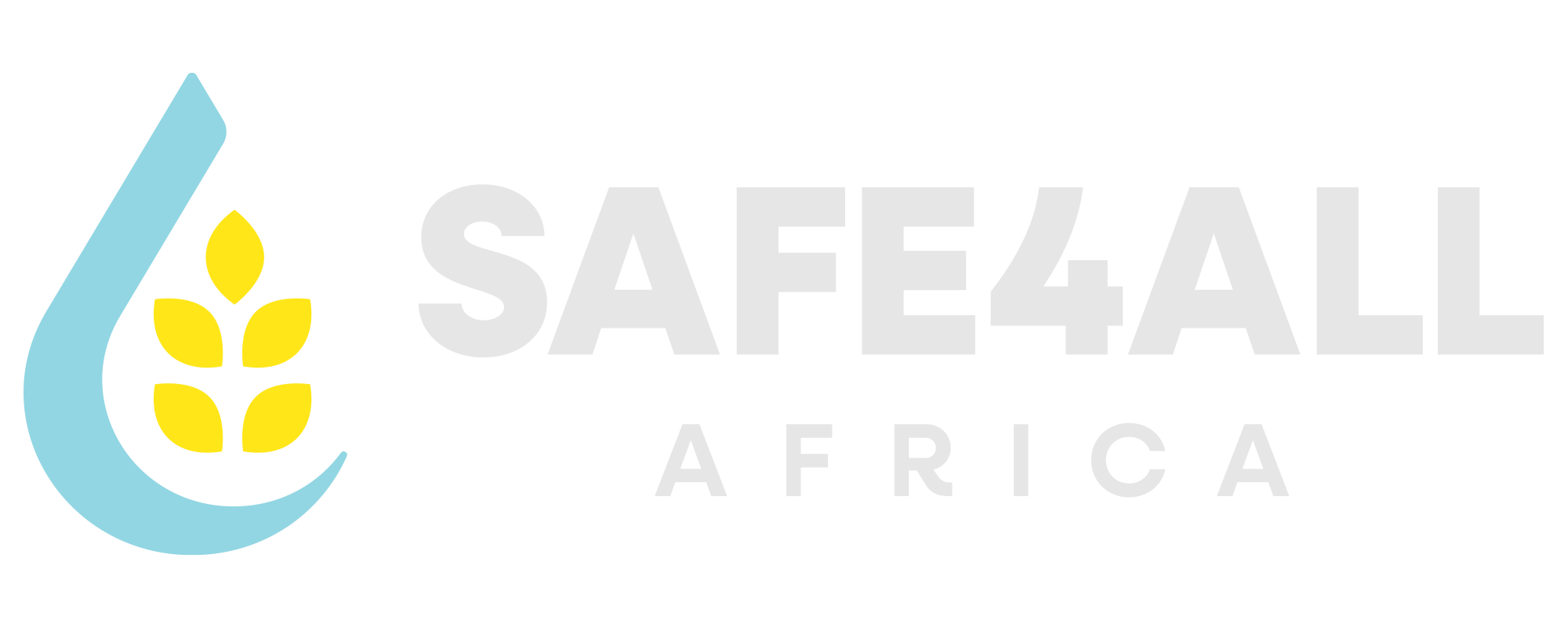Blogs
Explore our blogs/articles that gives insight about the project and other activities the partners are involved with for the benefit of the project. Go through the blogs and learn something new

Ghana’s Agriculture Navigating Climate Change
Agriculture forms the backbone of Ghana’s economy, with around 50 % of its GDP relying on this vital sector. However, the majority of Ghanaian farmers—80 %—are engaged in small-scale rainfed farming, where success hinges on their ability to align farming decisions with ever-changing
weather conditions…

The growing threat to Zimbabwe's food security
Zimbabwe’s economy heavily depends on agriculture, which contributes about 30 % to its Gross Domestic Product. The country’s food production, especially among small-scale rainfed farmers who make up 70 – 8 0% of the farming population, is significantly affected by climate change. This article explores the multifaceted impact of climate change on agriculture in Zimbabwe…

Driving Innovation in Climate Services
Last week, from the 13th to the 15th of March, marked a significant milestone as the SAFE4ALL Africa project kicked off with its first General Assembly held at Wageningen University & Research in the Netherlands.
This initiative, funded by the Horizon Europe Framework Programme…
